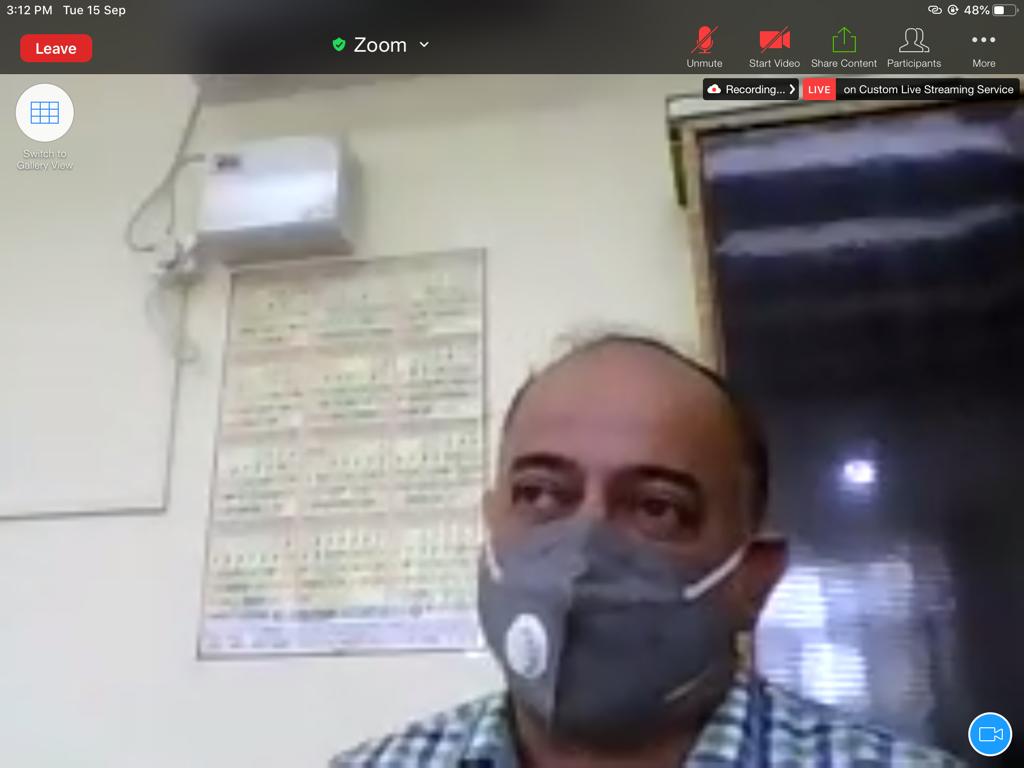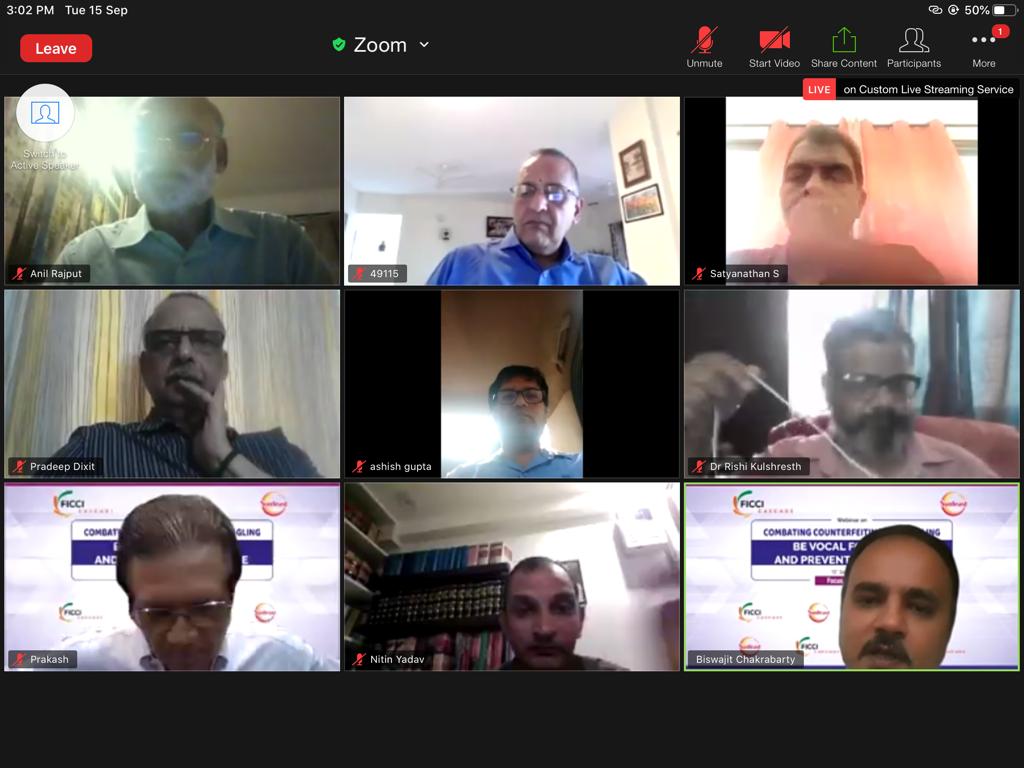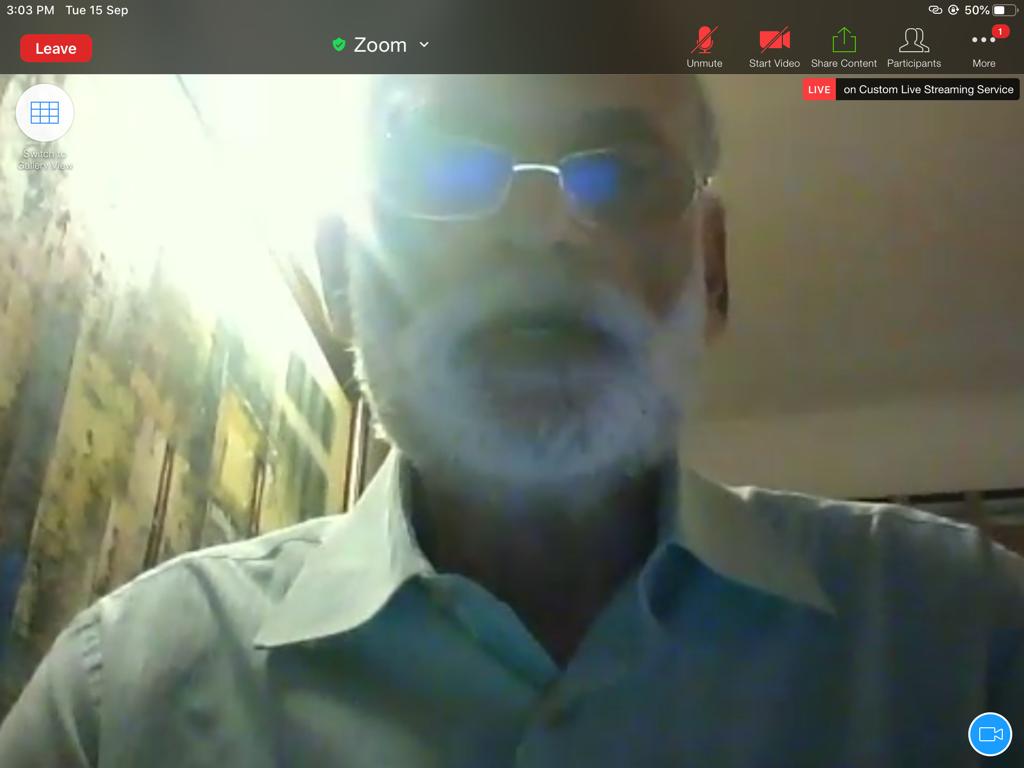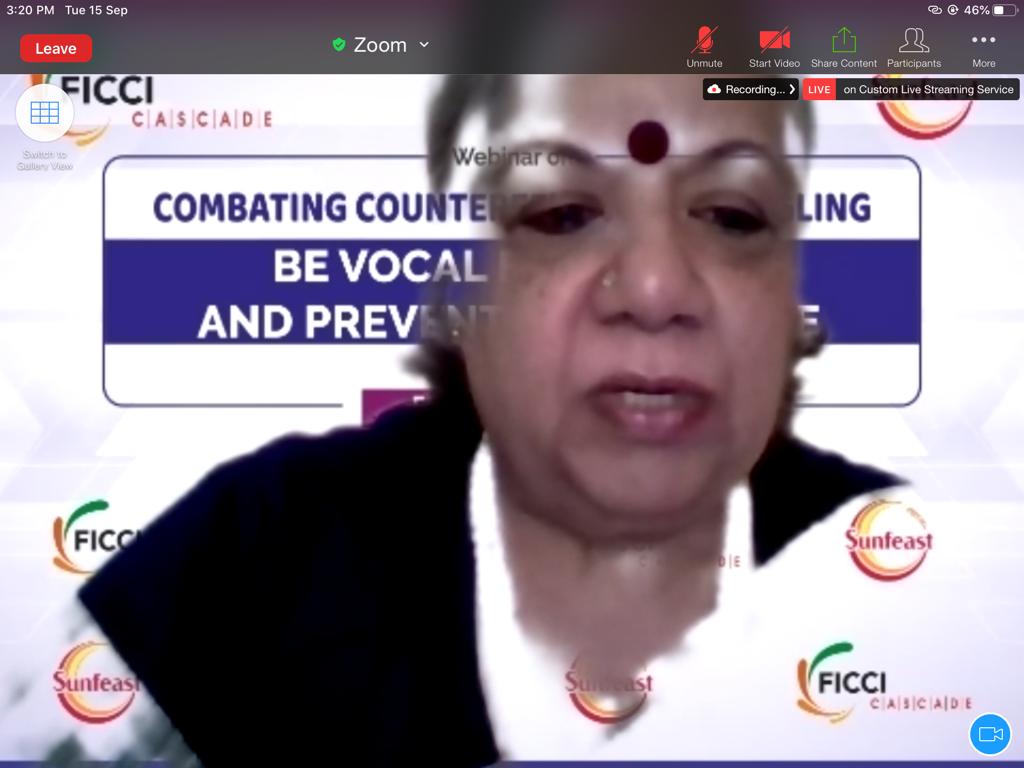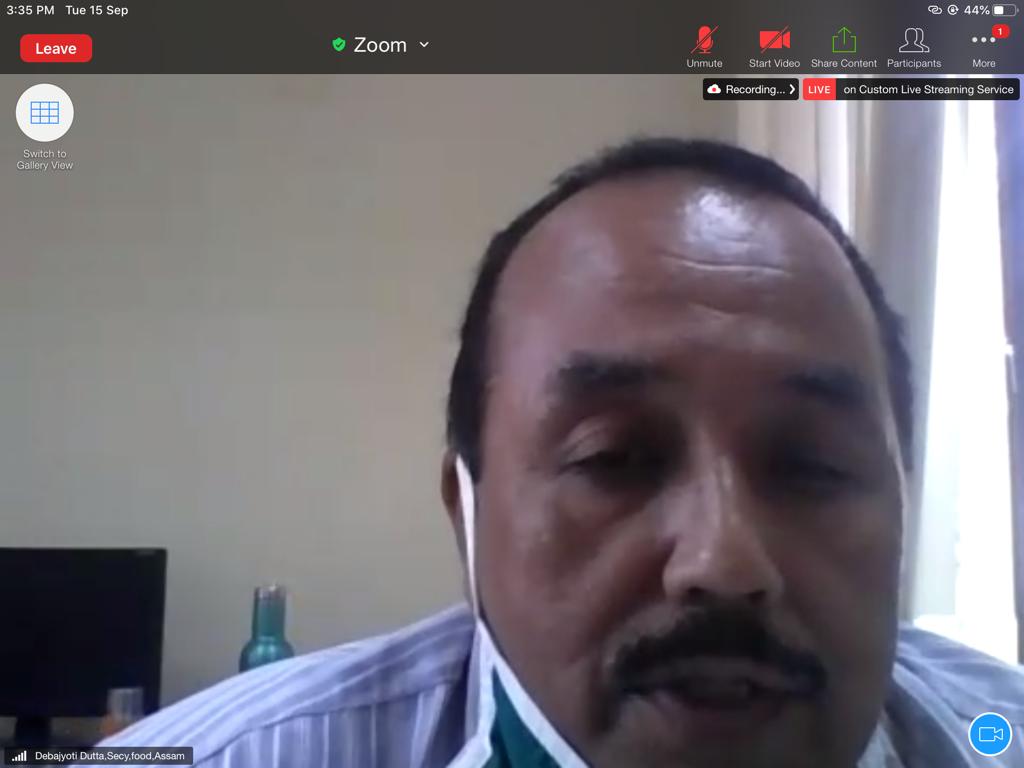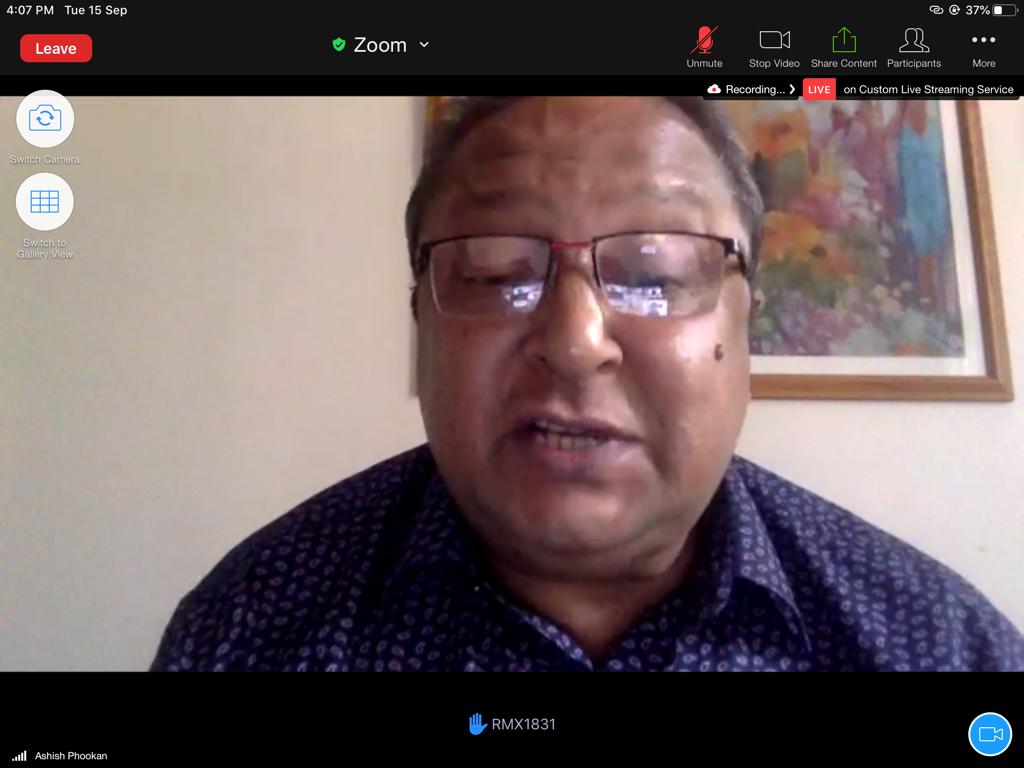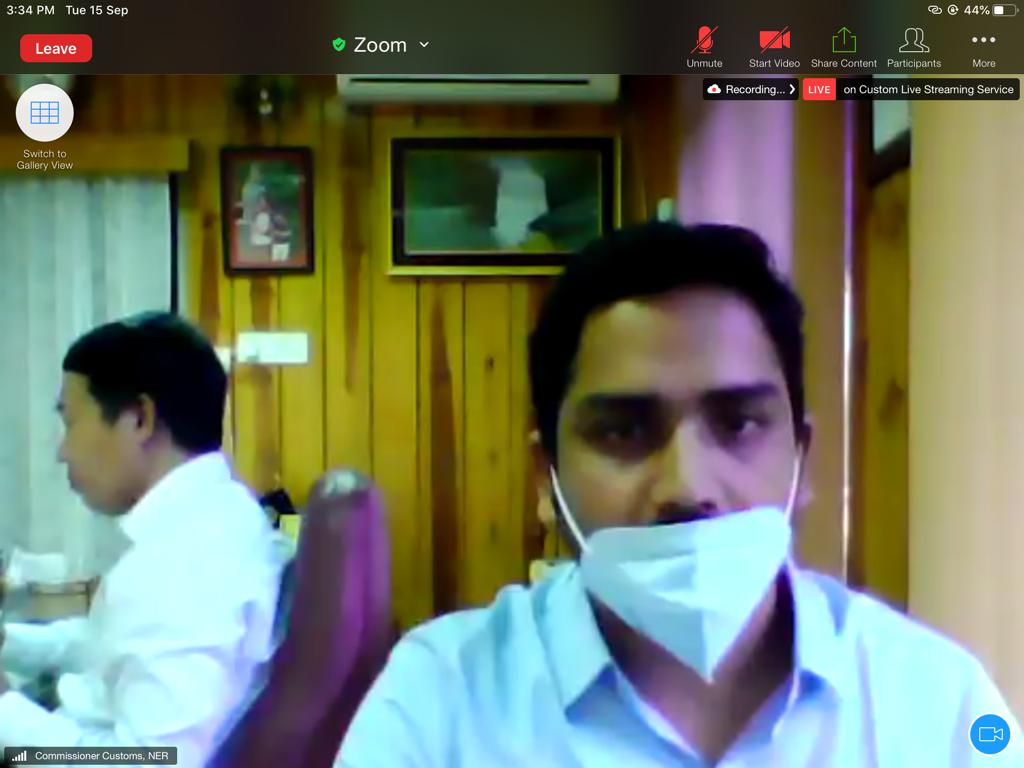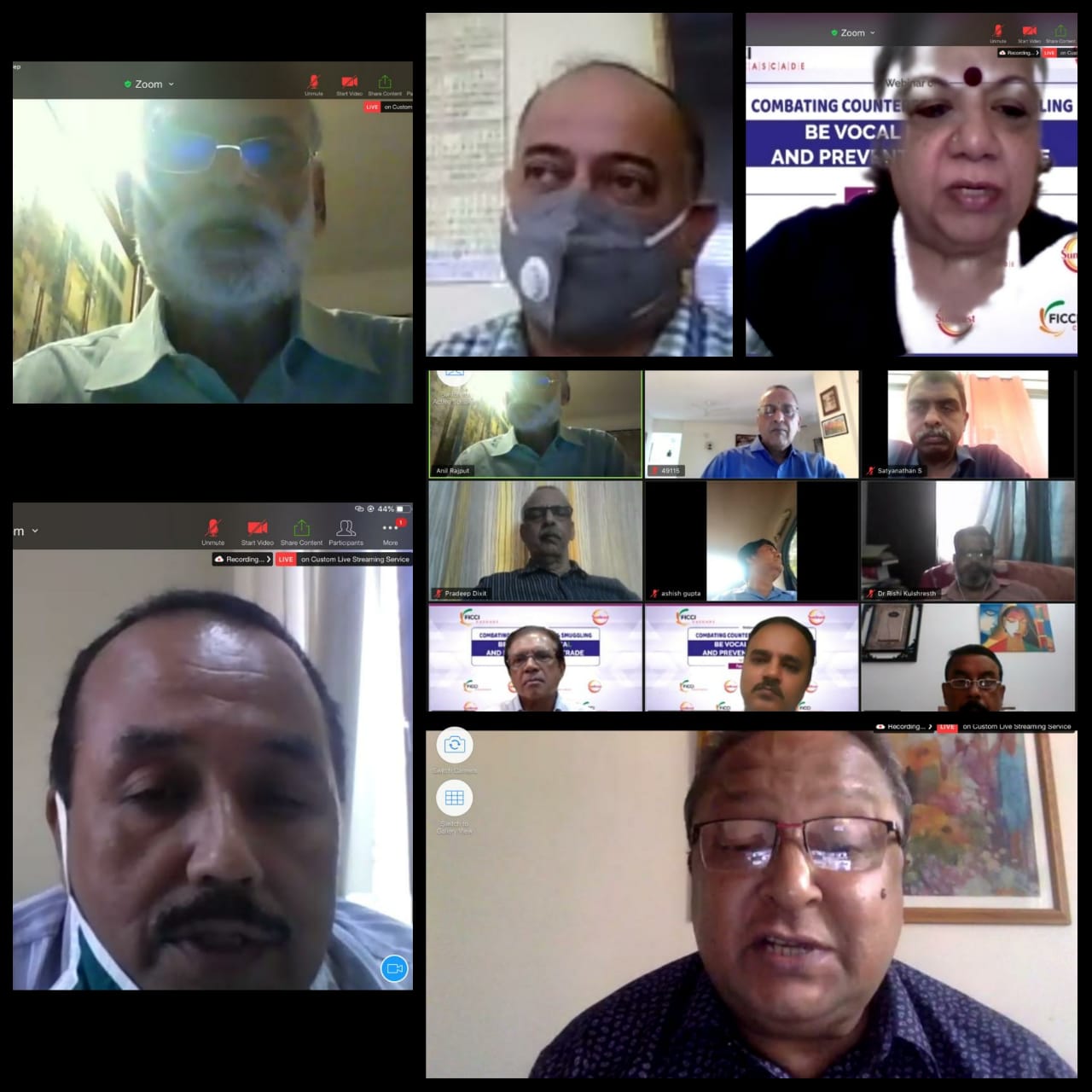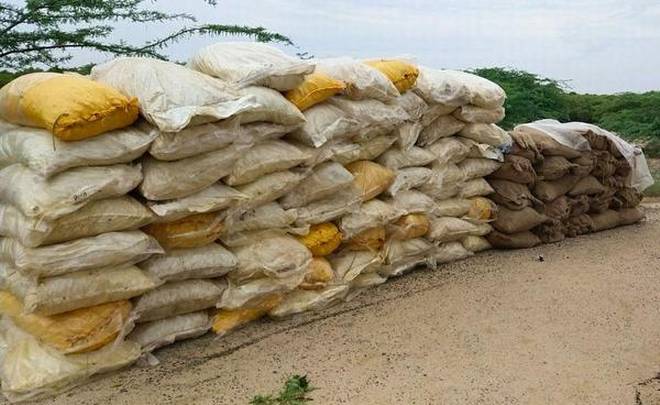
metric tonnes of turmeric seized in Mandapam
Ramanathapuram again appears to be the ‘most preferred’ destination for smugglers after a long pause.
In the last 60 days alone, close to 10 metric tons of turmeric have been seized in Mandapam, Thondi and Rameswaram by the Central and State agencies in at least four different incidents.
The modus operandi was simple. According to police sources, a group of persons took the responsibility of procuring the product from open markets and handing it over to the ‘agent’ here by road. The goods are then taken by sea route and handed over to the ‘contact’ person in Sri Lanka, who in turn settles the payment through “hawala”.
With the sea route between the two nation being just about 18 to 20 nautical miles, the boatman smuggle the goods in the shortest possible time and return to the shore.
A Q branch police team led by Inspector Maheswari seized 93 bags of turmeric at Kaarangadu, a sea shore point near Thondi on Tuesday. Preliminary interrogations revealed that the bags, which weighed 2,325 kilograms, were ready to be shipped to Colombo. According to the confessions, turmeric was in high demand in the island nation and the smugglers booked huge profits through the illegal route.
Lear More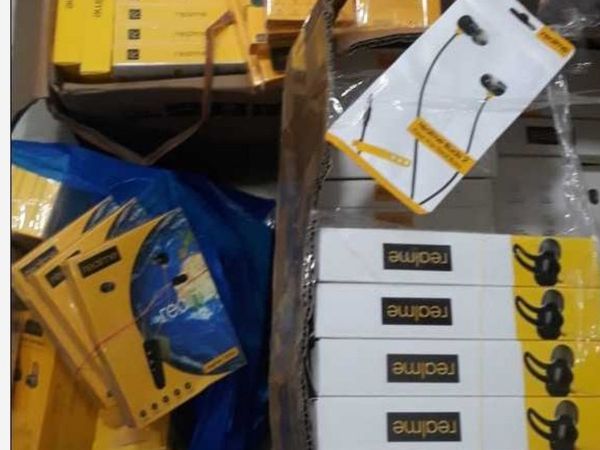
Fake Realme products worth almost Rs 13 lakh seized, OEM cautions against counterfeiting menace
Counterfeit Realme products, including accessories such as earphones and wireless earbuds worth almost Rs 13 lakh were seized from Mumbai’s Manish Market during a raid, the handset maker told Times Now on Tuesday. The cops had raided five shops and arrested five people who were later released on bail. The sellers were found selling counterfeit Realme accessories and as many as 1,370 fake accessories by the smartphone player were confiscated during the raid.
“A lot of people have been selling fake Realme products in the market, and we request our customers to please verify original products on the company’s official website www.realme.com. We are conducting raids across India on a regular basis and strict legal action is being taken against the sellers who are selling fake products. We have grown exponentially and have established ourselves as a brand that offers products with outstanding designs, advanced technology, and industry-leading qualities,” Madhav Sheth-Vice President, Realme and Chief Executive Officer, Realme India told Times Now.
“Our industry has time and again faced the issue of dealing with fake products and we hope that together we can find a solution to stop this corrupt practice,” Sheth added.
Lear More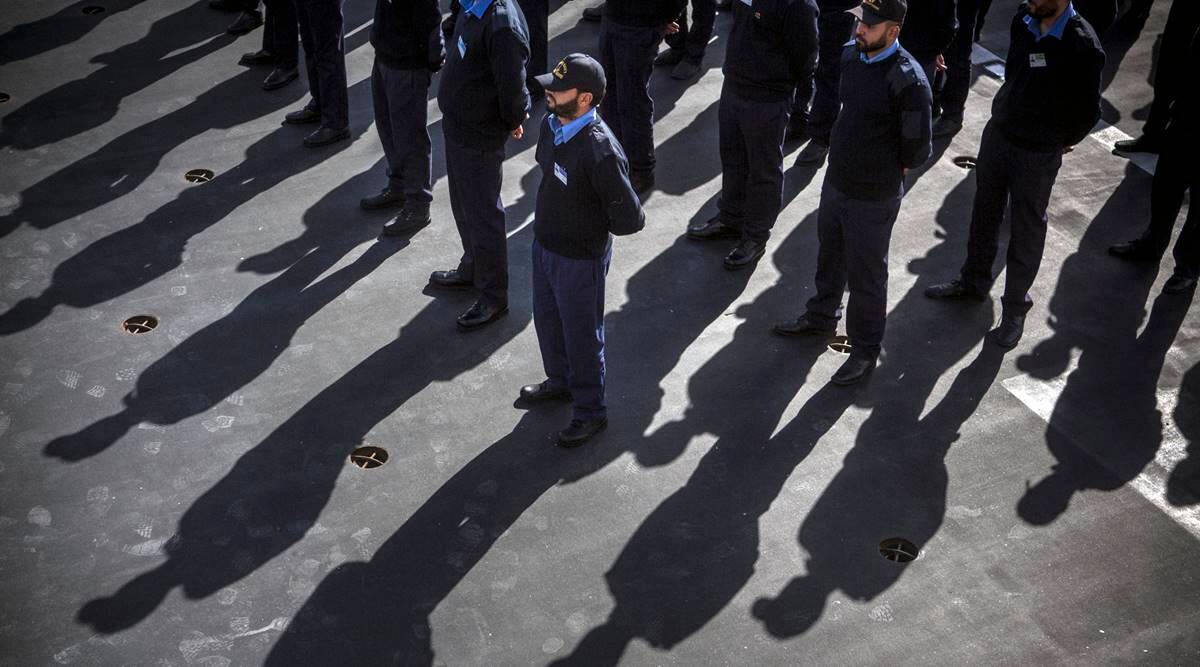
The ship that stopped 7,000 migrants, and smuggled 700,000 cigarettes
During an inspection of the ship on the day it returned home, Italy’s financial police found about 700,000 contraband cigarettes and several boxes of Cialis, a medication for erectile dysfunction.
By the time the Caprera, a small gray Italian warship, returned to its base in southern Italy in July 2018, it had helped intercept more than 80 migrant smuggling boats off the coast of Libya, and stopped more than 7,000 people from reaching Europe.
For this work, the Caprera won the praise of Italy’s then interior minister, Matteo Salvini, an anti-migrant nationalist, who lauded the ship for “defending our security,” as he wrote on social media. “Honor!”
There was just one problem: The Caprera was itself smuggling contraband to Europe.
During an inspection of the ship on the day it returned home, Italy’s financial police found about 700,000 contraband cigarettes and several boxes of Cialis, a medication for erectile dysfunction. All the contraband was bought when the Caprera was moored in Tripoli from March to July 2018 as part of an anti-people-smuggling mission by the Italian navy.
Lear More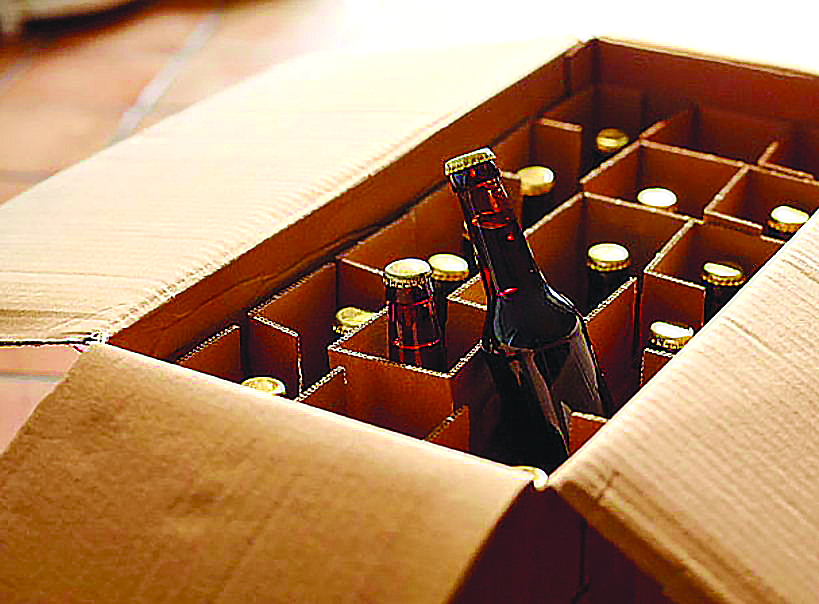
Five held, one booked for liquor smuggling
The police have nabbed five persons and booked another for liquor smuggling from different places in the city during the past 24 hours. Seizure of 105 bottles of country liquor and whisky has been made from them.
The police said Aman Sharma, a resident of Gurpal Nagar, was nabbed with 24 bottles of country liquor from his house in Gurpal Nagar. In another raid, Vicky Bhatia of Lahorian Dhaba in Green Enclave was arrested and his accomplice Deepak, a resident of Netaji Park, booked with the recovery of 12 bottles of whisky.
Guddu of Deep Nagar was nabbed from his gas stove shop where he was allegedly selling smuggled liquor and 11 bottles of whisky were recovered from him. In yet another instance, the police arrested Manpreet Singh of Mundian Kalan from Sector 32 with 10 bottles of whisky in his possession.
In another raid conducted on a tip-off, the police nabbed Blawinder Singh of Managt village while selling smuggled liquor on at the back of the village cremation ground. Four boxes (48 bottles) of country liquor were recovered from his possession.
The police said cases had been registered against all suspects under the Excise Act.
https://www.tribuneindia.com/news/ludhiana/five-held-one-booked-for-liquor-smuggling-148125
Lear MoreFour Held for Their Alleged Involvement in Smuggling Luxurious Watches: Customs
New Delhi, Sep 27 (PTI) Four people have been arrested by the customs officials for their alleged involvement in smuggling luxurious watches worth nearly Rs 3 crore, according to an official statement issued on Sunday.
“Delhi airport customs on the basis of suspicion intercepted two Indian passengers on 24.09.20 coming from Dubai via flight UK 224 having four (04) high-end luxurious watches valued at Rs 51.55 lakh, with an intention to smuggle them,” it said.
The passengers admitted smuggling luxurious watches valued at Rs 1.4 crore during their previous visits also, the statement said.
Further, on the basis of information provided by the passengers, a search was conducted at the registered place of business of a company dealing in luxurious foreign branded watches and 29 unaccounted watches of Chopard brand valued at Rs 2.3 crore were seized, it said.
The two directors of the company in their respective statements accepted of having purchased smuggled watches valued at Rs 2.5 crore (approx) in cash from the said two passengers in the past also, the statement said.
Lear Morelakh cigarettes seized by two Customs wings in Mumbai
MUMBAI: Following strict vigilance by central agencies at Mumbai international airport, smugglers are using other airports to smuggle in foreign cigarettes, and from there they are then transporting it to Mumbai by road or by railway.
Rummaging and intelligence wing and marine and preventive wing of Customs made major seizures at Mumbai Central railway station and at a Kalbadevi godown and seized cigarettes worth Rs 50 lakh.
Customs got information that cigarettes were being smuggled in bulk in a northern state and from there it would be transported by train on September 18. Officials kept a strict vigilance at the station and checked a huge parcel from Delhi. The goods were marked as miscellaneous on the booking receipt. The consignment contained imported cigarettes worth around 23.3 lakh, an official said.
Customs also raided a transporter’s warehouse on September 21 following a tip-off and seized foreign cigarettes worth more than Rs 18.3 lakh.
Lear More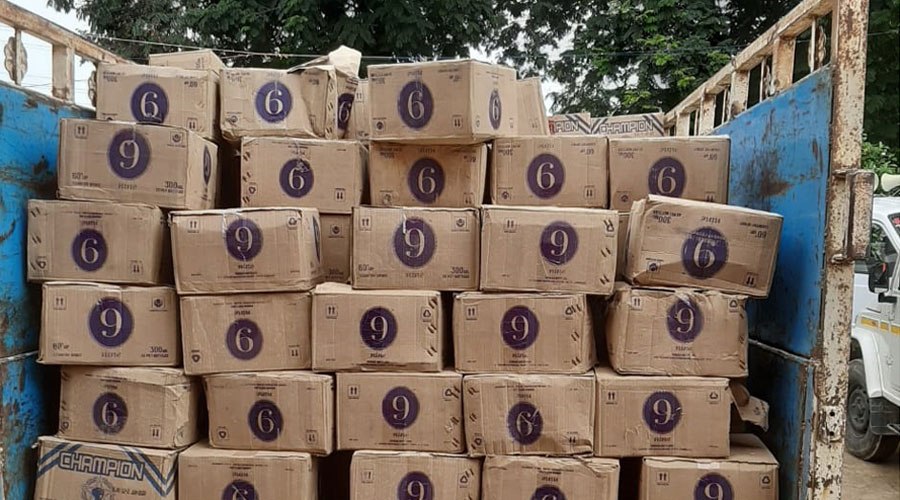
Liquor haul at Bihar border
STATE DIGEST: Protest against changes in labour laws and farm bill; zero tolerance to illegal mining in Bokaro; Bihar residents arrested for smuggling liquor.
Harihurganj police in Palamau recovered and seized a huge consignment of liquour near the Bihar border on Thursday. The consignment had thousands of bottles of alcohol which was being smuggled to Bihar.
Police have stepped up border checks before the Bihar Assembly elections. SDPO Shambhu Kumar Singh said as the election gets nearer, smuggling of illicit wine will be rampant which they are determined to foil.
Singh said along with the illicit wine police have recovered a huge consignment of government rice meant for the public distribution through PDS shops.
The wine and government rice were clandestinely stocked in a godown owned by Umesh Sao, a mukhiya and PDS shop owner.
Singh said Sao who is absconding will face criminal charges under essential commodities act. Sao will also be charged for stocking illicit wine with the purpose of inter state smuggling.
https://www.telegraphindia.com/jharkhand/liquor-haul-at-bihar-border/cid/1793007
Lear More
In last 4.5 years, over 500 cases in Delhi for producing, selling fake products.
New Delhi: In the last four and a half years, the Delhi Police have registered over 500 cases against various individuals for selling fake products starting from eatables and water to costly watches, medicines and medical equipment being sold in the Capital. Police said they had arrested more than 530 people since 2016 in these cases.
According to the Delhi Police’s data on Copyright Act cases, accessed by Millennium Post, 47 cases have been registered this year till August in relation to selling fake products. The total number of such cases last year was 148; over 80 in 2018; around 115 in 2017 and 159 in 2016.
An official from one of the district investigation units (DIU) said that the main reason behind the fake products is the pure commercial benefit. “For the production of a genuine product, it requires a set of rules and regulations, you have to take various kinds of permission and also after the production it is being sold with tax included. But for production of fake products no such things required. The fake products are prepared and designed to make it look like the original and consumers usually cannot distinguish between the two,” the official said.
After registering the cases, a detailed investigation was done and in many cases, raids were conducted which led to the arrest of over 530 people (2016-145, 2017-113, 2018-over 45, 2019-175, 2020- 59).
Lear MoreWebinar on Combating Counterfeiting and Smuggling during the COVID-19 Pandemic and Beyond, North East
15/09/2020 | North East
Be Vocal for Local and Prevent Illicit Trade
The problem of illicit trade has only compounded in the current situation, where criminals have used the pandemic as an opportunity to cause significant damage on the economy of the nation, health and safety of the consumers. FICCI’s Committee Against Smuggling and Counterfeiting Activities Destroying the Economy (CASCADE) in its series of state specific webinars on Combating Counterfeiting and Smuggling during the COVID-19 pandemic and beyond’, organized the next edition in the series for the state of Assam and other north eastern states of India on September 15, 2020. The webinar discussed and underscored the efforts that the Industry & government have taken and could further take in tackling the flow of illicit products during the current crisis.
Mr. Debajyoti Dutta, Secretary, Food & Civil Supplies and Consumer Affairs, Government of Assam during his special address at the webinar said, “The criminals who are indulging in smuggling and counterfeiting activities are promoting crime and economic instability and the consumers are bearing the brunt of it. It is important that we instill pride for Indian brands and goods amongst the consumers. This will play a pivotal role in putting counterfeit and smuggled products out of the market.” Mr. Dutta further said that the menace of illicit trade is to be dealt in a dedicated and systematic manner with concerted efforts from all central and state enforcement agencies along with the paramilitary forces.
Mr. Pabitra Khaund, Secretary, Department of Industries & Commerce, Government of Assam in his address reiterated the importance of supporting local manufacturing and goods and said that the Prime Minister’s call on ‘Vocal for local’ will be a potent tool in our fight against counterfeiting and smuggling. It will create a conducive environment for the economy of the state government and play a major role in strengthening India. He also shared that the government of Assam has launched several schemes in this direction, which has immensely benefitted local artisans and small enterprises.
The webinar shared insights on the role of enforcement agencies such as the customs, play to thwart criminals who are cashing in during the crisis. Mr. G. M. Kamei, Commissioner, Commissionerate of Customs, North Eastern Region shared that during the Covid period they have successfully conducted 710 seizures of goods worth Rs. 110 cr. The Commissioner said that the Custom officers have kept watch on the various areas of smuggling in the Indo-Myanmar border. As the lockdown restrictions are easing, the customs have increased their vigil along with increased coordination work with other agencies such as the DRI, Assam Rifles and state police to make the task of smuggler a difficult one. However they agree that much more can be done in the area and welcomed inputs and suggestions from industry and members of trade for reducing the menace of smuggling in the region.
Congratulating the Assam government and the enforcement agencies Mr. Anil Rajput, Chairman, FICCI CASCADE said, “The enforcement officials have relentlessly pursued the smugglers and counterfeiters in the North Eastern region and over the last few months seized contraband and illicit cigarettes, liquor, drugs, currency and consumer goods”. He urged them to keep up the good work which will ensure that the perpetrators of illicit trade do not see the covid-19 situation as a reason to exploit vulnerable consumers and organizations.
The session was chaired by Ms. Kameswari Subramanian, International Expert, Customs Law, Procedures & Trade facilitation and Think Tank Member, FICCI CASCADE .The concluding remarks were made by Mr. Ashish Phookan, Chairman, FICCI Assam State Council. Issues such as consumer safety, safeguarding legitimate businesses while promoting indigenous production which will play a significant role in the path to our economic recovery was emphasized by the speakers. The webinar was attended by industry, government officials, officers from the enforcement agencies and stakeholders in this segment.
Coverage reportDownload Pdf
Feds proudly announce seizure of ‘counterfeit Apple AirPods’ that are actually OnePlus Buds.
It can be hard to tell a difference between AirPods and the many earbuds that resemble them, but checking the box is always a good start. US Customs and Border Protection tonight tweeted that its officers had “recently seized 2,000 counterfeit Apple AirPods from Hong Kong, valued at $398K had they been genuine.” There’s also this press release on the situation, which praises CBP officers for “protecting the American public from various dangers on a daily basis” and says that “the interception of these counterfeit earbuds is a direct reflection of the vigilance and commitment to mission success by our CBP officers daily.”
The only problem is, based on the agency’s own photos, the seized products appear to be legitimate OnePlus Buds — transported in a box that plainly says as much. But CBP proudly tweeted “THAT’S NOT AN APPLE,” as if its people had astutely detected a forged piece of 18th-century art. It’s not clear if all of the 2,000 blocked units were OnePlus Buds, though the CBP images are unmistakable.
https://www.theverge.com/2020/9/13/21435637/us-cbp-counterfeit-airpods-oneplus-buds-mixup
Lear More




